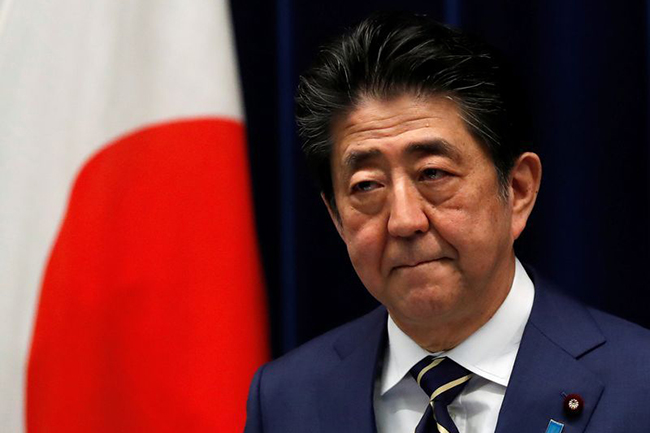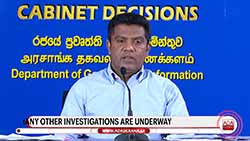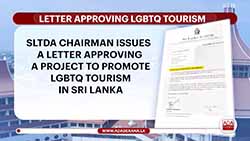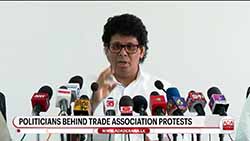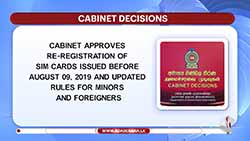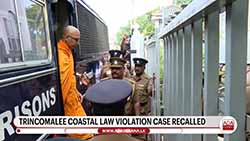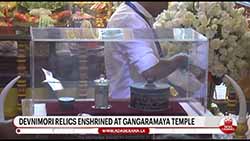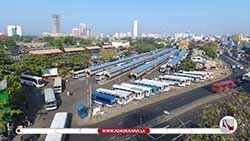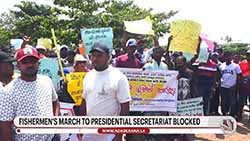Japan to declare emergency as Tokyo Coronavirus cases shoot up
April 7, 2020 10:03 am
After weekslong pressure from public health officials and lawmakers, Japanese Prime Minister Shinzo Abe said Monday the government would declare a state of emergency as soon as Tuesday covering Tokyo, Osaka and five other prefectures amid the growing outbreak of COVID-19, in a step that will empower prefectures to take restrictive measures.
The prime minister is slated to designate authorities in the seven prefectures subject to emergency measures. The declaration also will cover Kanagawa, Saitama, Chiba, Hyogo and Fukuoka prefectures, Abe said in a briefing at the Prime Minister’s Office.
“(The declaration) is estimated to last a period of one month,” Abe said. “This state of emergency declaration is to ensure the medical care system stays intact and to ask for even more cooperation from the public to avoid contact with each other to reduce infection as much as possible.”
He also said the government will offer more than 6 trillion Yen in direct cash payments as part of an economic package.
The emergency declaration comes after Abe and top government officials resisted opting for the drastic measure, reasoning that the country was not yet at a critical point amid the global pandemic.
The number of people newly infected with COVID-19 in Japan rose by 205 as of late Monday to total 4,041, excluding those who were aboard the Diamond Princess cruise ship docked in Yokohama through February, according to Kyodo News. The death toll rose by four to 108.
Tokyo, the center of the coronavirus outbreak in Japan, reported 83 new cases Monday. The increase was lower than the previous two days — 117 on Saturday and 143 on Sunday. Sunday was the highest single-day total yet.
Mondays have typically seen a decrease in the number of cases, a trend that was believed to be the result of a smaller number of tests being conducted over the weekend.
The Tokyo Medical Association also declared a state of medical emergency on Monday, alarmed by the possible collapse of the health care system under the strain of an overwhelming number of patients in the nation’s capital.
Last month, the Diet approved provisions for the new coronavirus to be covered under special measures legislation passed in 2012, aimed at battling threats such as a novel influenza virus that had caused a pandemic in 2009.
But over the last few days, calls for Abe to trigger the emergency action — including from Dr. Yoshitake Yokokura, head of the Japanese Medical Association — have become more vocal as the number of COVID-19 patients has continued to soar, particularly in urban areas.
Declaring of a state of emergency won’t lead to a lockdown like those seen in some American and European cities.
Following the declaration, prefectural governors in the designated areas would be authorized to “request” residents stay at home except for essential tasks, such as grocery shopping. As for businesses, the prefectural governments would also be able to request that they “thoroughly implement infection control measures.”
Governors would additionally be able to ask schools, child care facilities, movie theaters and other public facilities temporarily close.
The Japanese term typically translated as “request” is understood to be taken as “demand” with a strong expectation that those asked will obey the directives, but there are no legal penalties if they are not followed.
In the event of a surge in patients, prefectural governors would also be able to requisition land to build temporary medical facilities and could do so forcefully if a landowner refuses.
Similarly, prefectural governments would also be able to order medicine and food suppliers to sell their goods to authorities. If suppliers refuse, prefectural governments would be able to forcibly procure those goods from them.
The central government, as well as prefectural and municipal authorities, have already designated an array of industries such as basic utilities, transportation and distribution firms and the public broadcaster NHK as “designated public institutions.” Once an emergency declaration goes into effect, they can be required to disseminate information and necessities.
The economic blow is believed to be unavoidable. An estimate by the Goldman Sachs Group Inc. showed if Tokyo were to go on a monthlong lockdown, demand in the nation’s capital would drop by 40 percent. That would dip the nation’s gross domestic product by 0.7 percent as a rippling effect. Abe warned the nation last month that the country would face “a long battle” against COVID-19.
Like Tokyo Gov. Yuriko Koike, Osaka Gov. Hirofumi Yoshimura has been calling for Prime Minister Shinzo Abe to declare a state of emergency, at least for Tokyo and Osaka, in order to better utilize resources. With over 400 cases reported as of Monday morning, the second-highest in the nation behind Tokyo, Osaka prefecture and the Kansai region are preparing for a national emergency to be declared.
Osaka officials said Monday morning the prefecture had not yet experienced an “overshoot”, or an explosive increase in the number of cases within a few days that threatens to exceed health care capacity. Osaka and neighboring Kyoto, Hyogo, and Nara prefectures, which are all within one hour by train of the central city of Osaka, logged over 760 new infections in total on Monday.
Concerns about a lack of beds in the event of an overshoot led Osaka prefecture to issue a call for local hotels to provide rooms. Rakuten CEO Hiroshi Mikitani has responded and will offer a company-owned hotel, the Park Front Hotel beside Universal Studios Japan, for COVID-19 patients if needed. The hotel has about 600 rooms. It would be used for those who have tested positive and either show no symptoms or are only slightly ill.
In addition, Osaka prefecture is discussing financial aid to bars, restaurants, nightclubs and karaoke establishments that agree to be publicly identified if found to be the focus of infection clusters.
Source: The Japan Times
-Agencies



